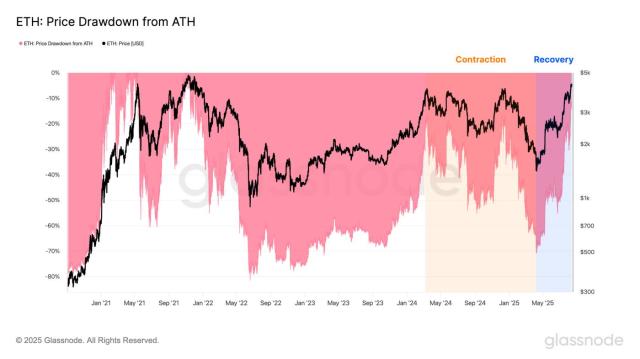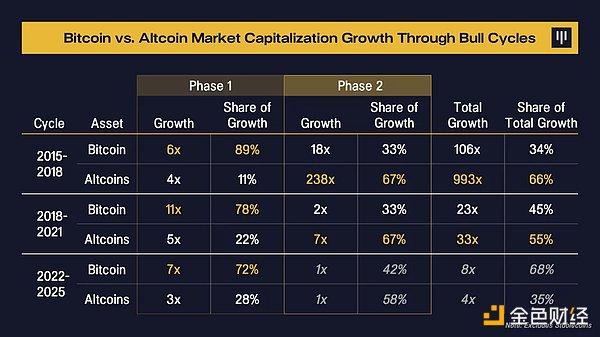US chip manufacturers Nvidia and AMD agree to pay 15% of chip sales revenue in China to the US government in exchange for export licenses.
According to confirmation from the White House on August 12, this agreement currently applies to these two companies and may be expanded to other businesses in the future. The US Department of Commerce is continuing to refine the legal framework and detailed operational procedures.
- Nvidia and AMD agree to pay 15% of chip sales revenue in China to the US government.
- The agreement currently only applies to two companies but may be expanded.
- The US Department of Commerce is studying the legal and operational details of the agreement.
What agreement have Nvidia and AMD reached with the US government regarding chip exports to China?
Direct answer: The White House confirms that Nvidia and AMD will pay 15% of chip sales revenue in China to the US government to receive export licenses.
According to CNBC, on August 12, the White House announced this special agreement aimed at controlling chip product exports to China. By doing so, the two top US chip companies will comply with government requirements while maintaining export rights to this important market.
This is a measure to balance corporate profits and sensitive technology control, helping the White House gain additional revenue and monitor technological development in the China region.
Which other companies might the agreement be expanded to in the future?
Direct answer: The agreement currently only applies to Nvidia and AMD but may be expanded to other US chip companies in the future.
White House spokesperson Carolyn Levitt stated at the press conference that although initially involving only two companies, the government does not exclude the possibility of expanding this agreement to other chip manufacturers to enhance control of strategic technology sectors.
This reflects changes in US technology export policies, expected to enhance oversight and strongly impact the cryptocurrency market as many chips related to mining and Smart Contract processing depend on these manufacturers.
"This agreement is currently limited to Nvidia and AMD, but may be applied to more companies in the future to ensure national security and commercial interests."
Carolyn Levitt, White House Spokesperson, August 2024
What issues is the US Department of Commerce handling related to this agreement?
Direct answer: The US Department of Commerce is studying the legal basis and detailed operational procedures for the agreement to collect 15% revenue from chip exports to China.
The department stated that it is conducting a comprehensive review of related regulations to ensure the agreement can be effectively and legally implemented, and will publish specific details in the near future. This aims to create transparency and uniform application for participating companies.
This process is crucial for considering economic and defense impacts while ensuring alignment between export policies and the US strategic technology protection objectives.
Frequently Asked Questions
How will this agreement affect the global chip market?
The agreement may increase chip prices and complicate export processes to China, affecting the global supply chain.
Can other companies be subject to similar agreements?
Possibly, the White House is considering expanding the agreement to more chip manufacturers to control exports.
When will the US Department of Commerce publish detailed information?
The department is finalizing procedures and will publish specifics soon to ensure transparency and legal compliance.
Will the agreement impact the cryptocurrency industry?
It may affect the chip sources for cryptocurrency mining due to critical chip export implications.
Are Nvidia and AMD the only companies currently affected?
Currently, only these two companies are involved, but the agreement may be expanded to other businesses in the future.








